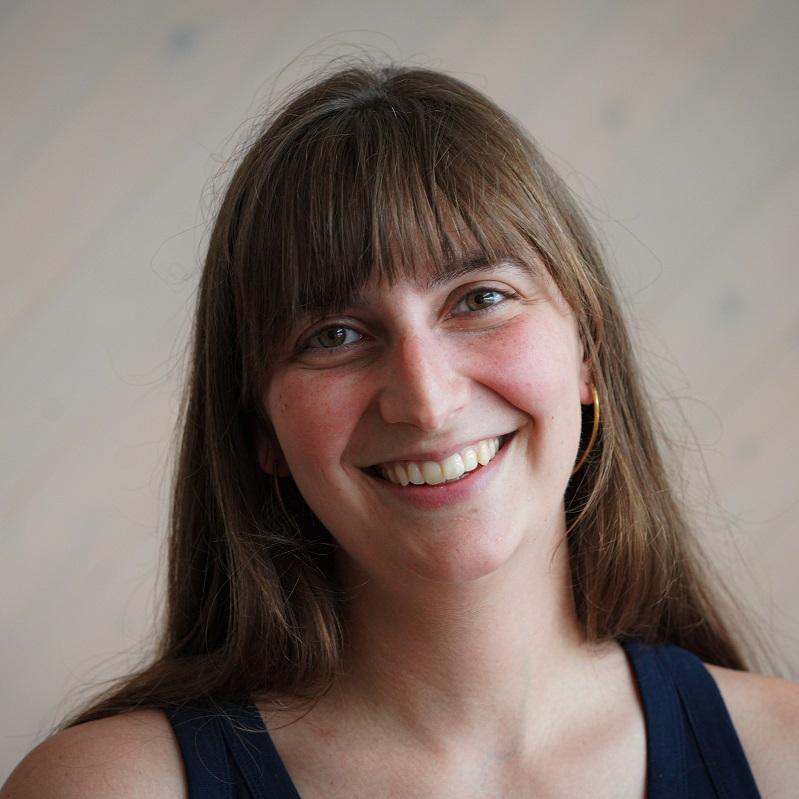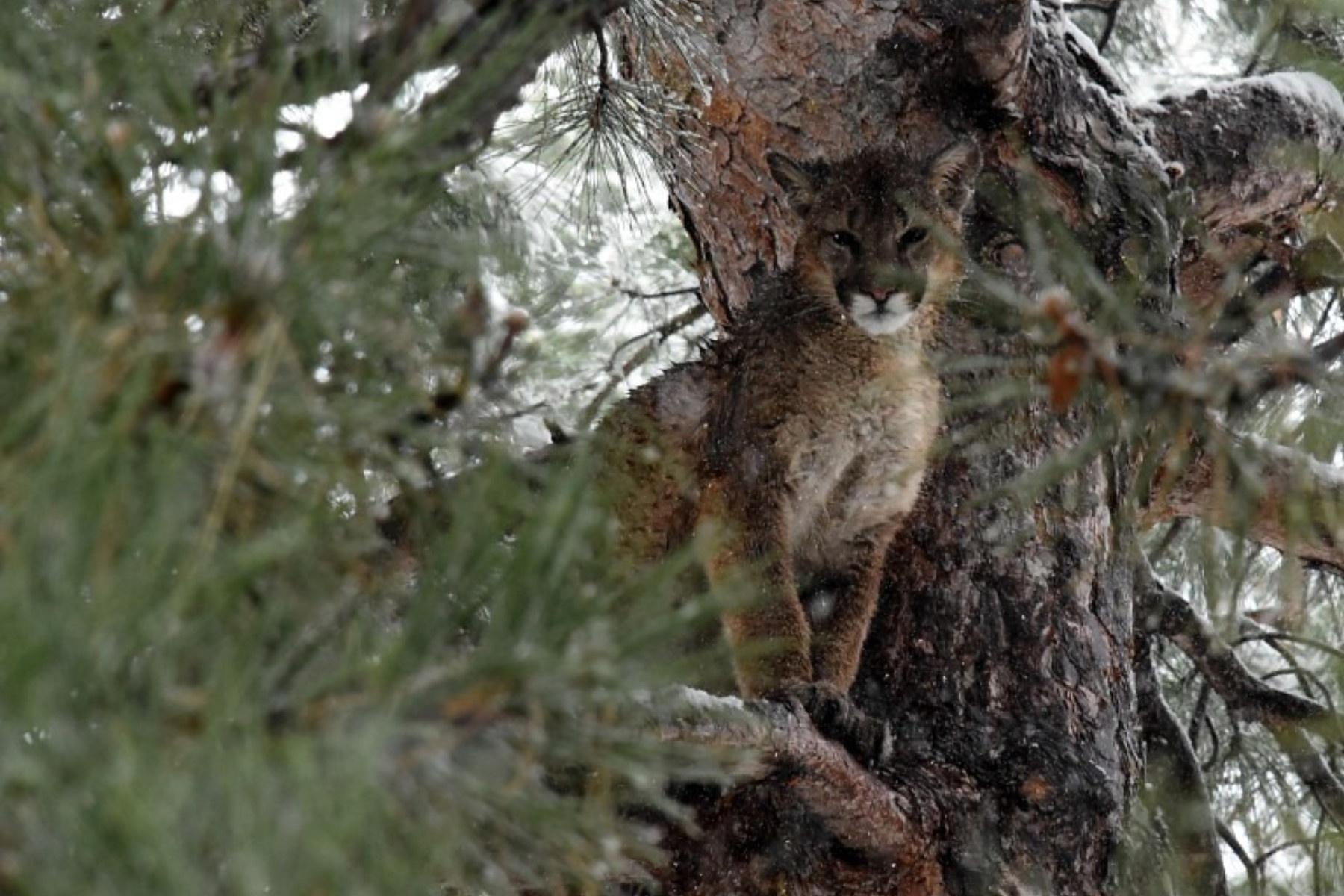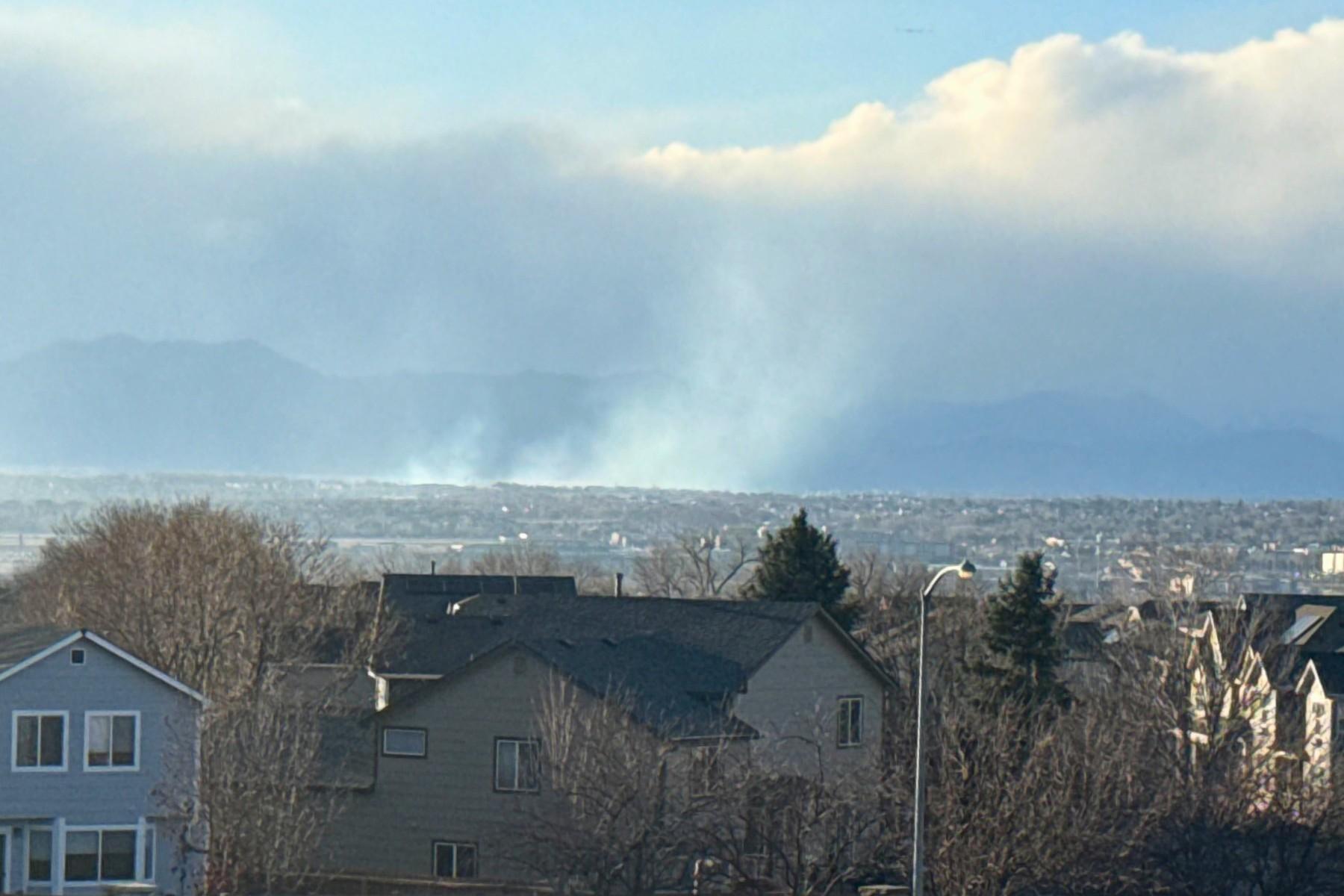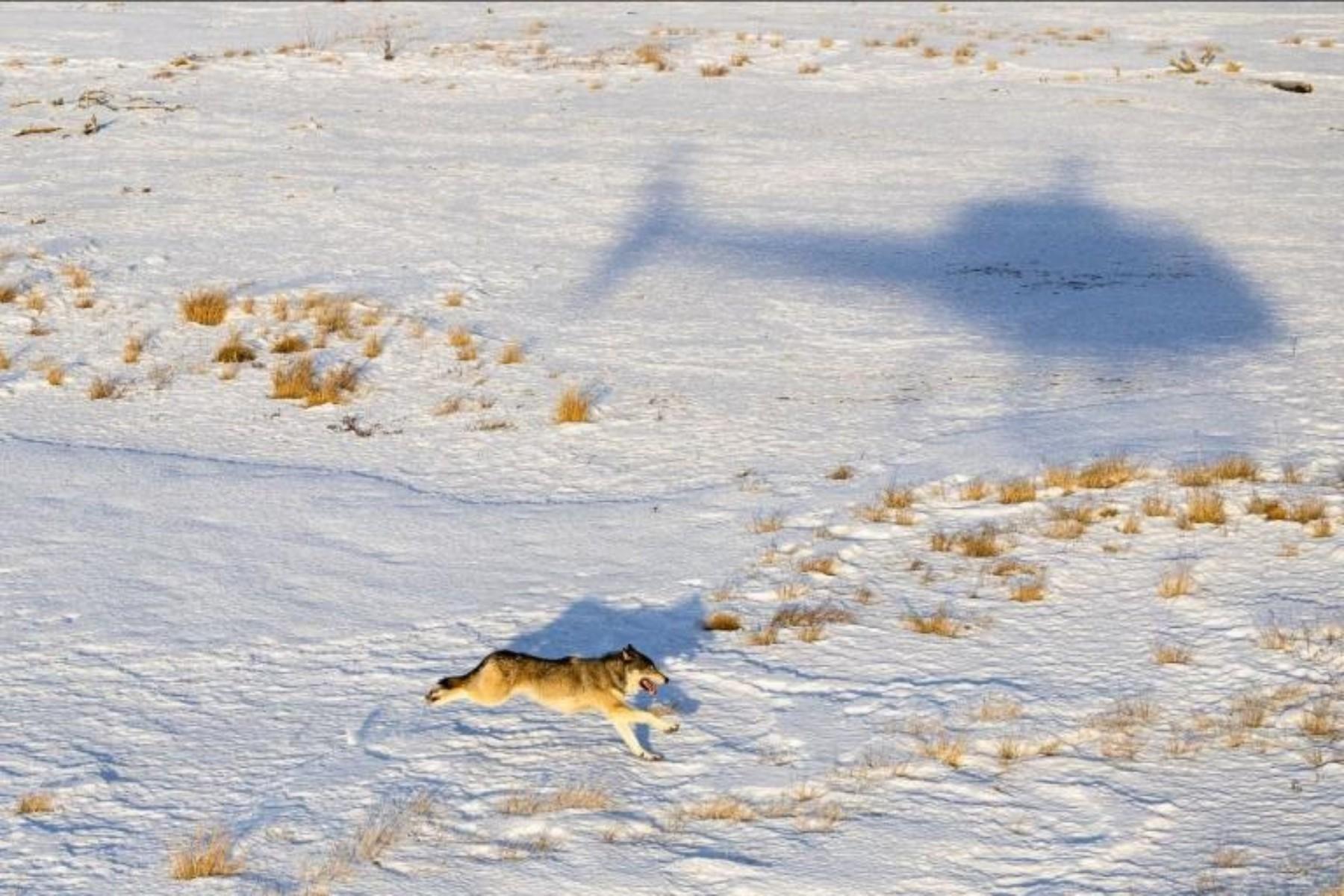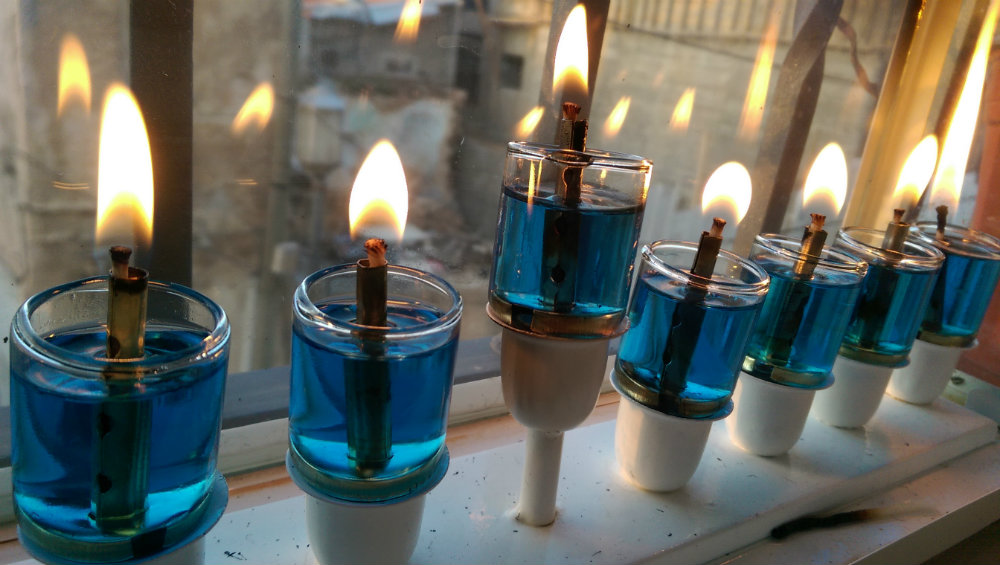
Updated Nov. 2, 2023
Lighting candles is the most symbolic part of the Jewish holiday of Hanukkah, which is Dec. 7 to Dec. 15 this year. Jews typically light candles each night of the eight-day festival – hence its other name, Festival of Lights.
This association with lights, said Rabbi Joe Black of Denver’s Temple Emanuel, goes back to the heart of the traditional Hanukkah story. The Jews faced an invading army around 165 BCE. These Syrian-Greeks wanted Jews to assimilate with the rest of the empire and worship idols. The Jews were led by a group of warriors called the Maccabees. Despite being outnumbered, they won. But the sacred temple in Jerusalem had been desecrated with idols and unholy sacrifices. The Jews restored it. Then they needed oil to light the temple. They found a single jar of oil enough to last one day, but it lasted eight. Hence, the miracle of Hanukkah.
Rabbi Black explained there’s more to the Hanukkah story. The Maccabees were fighting an army, yes, but they were also involved with an internal struggle. Some members of the Jewish community went along with assimilation.
“So it was really a civil war, I’m sorry if I’m bursting anybody’s bubble here,” he said.
As for the miracle of the jar of oil that lasted eight days, which is a story Jewish children love to tell, well, that might not have happened.
Rabbi Black said the Jews did clean up and rededicate their holy temple after the war, but then, “move ahead a couple hundred years and you have a group of people called rabbis,” he said. Early rabbis were teachers who codified Jewish law and they tried to cut down on corruption that had taken root in the priesthood, Rabbi Black said.
“So they came up with a story,” according to Rabbi Black.
Could it be? These rabbis invented the miracle of the jar of oil?
“Whether it’s true that there was oil that burned for eight days or whether it was a civil war, the truth is probably somewhere in the middle,” said Rabbi Black. “But it doesn’t matter because when we think about what that light symbolizes - light in the midst of darkness, the idea that God’s presence is felt when we stand together as a community - those are all truths.”
Handel Borrowed from Hanukkah
Hanukkah is not a major Jewish holiday, but it is a beloved holiday, particularly for children. It’s joyous. You light candles each night. You play games and sing songs. One of those songs is a tune taken from George Frideric Handel’s Judas Maccabaeus, based on the great warrior from the Hanukkah story.
Handel didn’t set out to write about this Jewish holiday but found a parallel between London’s current events and the ancient story of Judah Maccabee.
Handel lived in London when the Jacobite uprising of 1745 challenged the British throne. The British army crushed that revolt at the Battle of Culloden in 1746. Handel wanted to write a piece celebrating the British army’s victory and looked for a relevant story. He found it. It was the struggle in Jerusalem between Jews and an invading army that wanted to destroy the Jewish religion. The invaders were defeated and the Jewish army was victorious.
“See the Conquering Hero Comes” was the most popular tune from Handel’s oratorio. It inspired other composers. Beethoven did variations on it for cello and piano. And the tune was “borrowed” for the Hanukkah song, “Hava Narima,” which means “Let’s Lift Up.”
What’s A Jewish Holiday Without Food?
Besides lighting lights, the most treasured part of the holiday is making the classic dish of potato pancakes or latkes. They are fried in oil to symbolize the oil used to light the ancient temple. I’ve made latkes with my mom ever since I can remember.
Here’s her recipe:
The ingredients (for roughly 12-16 latkes - depends on how big you want them!)
- 5 Yukon Gold Potatoes (“You could use Russet, but I like Yukon Gold,” my mom says)
- 1 large onion
- ¼ cup matzo meal
- 4 eggs
- ½ tsp salt and ¼ tsp pepper (to taste)
- Oil for frying
Peel the potatoes and put them in a food processor. You want them grated, sort of like hash browns. Move the potatoes into a large mixing bowl. Throw the onion in the food processor as well. Move the onions to the mixing bowl with the potatoes. Drain excess moisture. Add the eggs, matzo meal, salt and pepper. Stir until the mixture is well combined.
Get out a frying pan and heat up a generous amount of oil. My mom prefers olive oil, saying “it’s richer, better and healthier for you.” Though she concedes you could also use unflavored coconut oil or peanut oil.
When the pan is sizzling, it’s time to form the pancakes. My mom says, “the key to getting it crispy on the outside and moist and tender on the inside is draining the moisture.” My mom uses a slotted spoon, others use their hands. Whatever you do, just squeeze as much water out as possible. Then you place the pancakes in the pan. Wait til the latkes are golden brown, flip them, then wait a few minutes more. You can move them to a plate lined with paper towels to drain off some of the oil. Repeat! And eat! (Best when hot). “Always eat with sour cream and/or apple sauce,” according to my mom. And me!
Listen to CPR Classical throughout the Festival of Lights to hear all eight Stories of Hanukkah.
Hear CPR Classical by clicking “Listen Live” at the top on this website, or download the Colorado Public Radio app. Listen on your radio to CPR Classical at 88.1 FM in Denver, at radio signals around Colorado. You can also tell your smart speaker to “Play CPR Classical."
